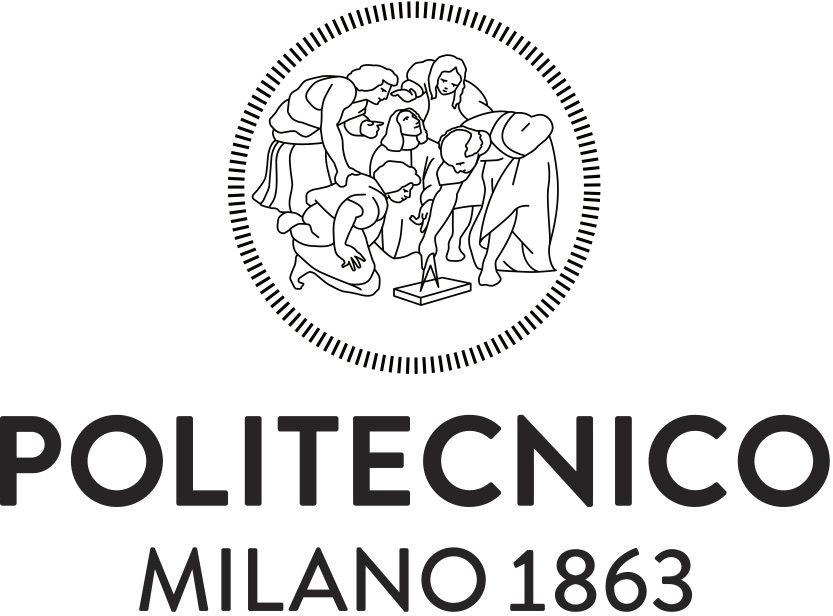Well, this year I'm involved in the organization of so many events that it's worth (for myself) to track them down in a single blog post, so as to keep track of all the activities and places I'll be experiencing.I'm reporting here all the events, just for sake of recording (and for anybody to browse):SocialBPM … Continue reading "My" events for 2012
Category: Uncategorized
CrowdSearch 2012: my experience at the First International Workshop On Crowdsourcing Web Search at WWW2012
Last week I have been attending WWW 2012 in Lyon and within it I joined the First International Workshop on Crowdsourcing Web search (CrowdSearch 2012) on April 17 to April 20 in Lyon, France. I enjoyed a lot the technical contributions and the extremely lively discussion and feedback from the audience (50+ people throughout the day).The program … Continue reading CrowdSearch 2012: my experience at the First International Workshop On Crowdsourcing Web Search at WWW2012
What’s the iPad for BPM?
It has been a while since a dangerous albeit crucial question has been posed to the Business Process Management community, starting from a provoking statement by Theo Priestley in one of his posts (BPM must die!). The question that circulated around is simple: is BPM dead?The question has collected a lot of attention, especially after it has been selected … Continue reading What’s the iPad for BPM?
IFML.org published for reporting on Interaction Flow Modeling Language
I wish to announce that we have just open the new ifml.org web site, where you can find information on the Interaction Flow Modeling Language and updates on the status of the standardization process within OMG.As you may remember IFML is meant to be a domain-specific modeling language for describing model-driven specification of user interactions.The … Continue reading IFML.org published for reporting on Interaction Flow Modeling Language
Presentation at Code Generation 2012: User Interaction Modeling: current status of the standardization process
Together with Emanuele Molteni, I will give a speech at Code Generation 2012 on: User Interaction Modeling: current status of the standardization process, from the requirements to the language.In this presentation we will go through our 15-years experience of user interaction modeling for the Web, based on WebML and WebRatio, and we will delve into … Continue reading Presentation at Code Generation 2012: User Interaction Modeling: current status of the standardization process
Model interoperabilty in MDE: a lost battle?
If you have been extensively using software modeling tools, you have probably experienced the awful situation where you want to move models from one tool to the other, but this ends up not being possible.Why? Because you are using different languages? Not at all: even just moving a "standard" model from a modeler to another … Continue reading Model interoperabilty in MDE: a lost battle?
Interaction Flow Modeling Language RFP issued at OMG
WebRatio Cubes roaming San Francisco while I was engaged in the approval of the IFML RFP in Santa Clara, CA.After 9 months of participation to the OMG meetings, intensive interactions with stakeholders, and interesting feedback from big vendors and users (including IBM, Microsoft, Thales, NoMagic, SoftTeam, and others), OMG issued the official request for proposal … Continue reading Interaction Flow Modeling Language RFP issued at OMG
Most visited posts in the blog: stats and discussion
As the end of the year is approaching, I think it's time to draw some conclusions from the stats of this blog.Here is the list of the top 10 posts in terms of visits since they have been posted.The top-10 most visited posts in my ModelDrivenStar blog during its 2.5 years life (mainly on MDD, … Continue reading Most visited posts in the blog: stats and discussion
Mobile and consumerization — keys for event-based Social BPM?
I really appreciated the provocative post by Chris Taylor on the potential of Social BPM to replace emails in business processes. While I see the final statement there a little bit too optimistic, total replacement is definitely in my dreams and I agree on the general trend.Actually, I see we are already in a hybrid … Continue reading Mobile and consumerization — keys for event-based Social BPM?
CUbRIK: content-intensive, time-intensive and human-intensive scalable search
Today I wish to share with you some details about a new project I'll be involved in throughout the next three years. The project is called CUbRIK and addresses advanced search techniques and tools for multimedia and multimodal search, based on content-intensive, time-intensive and human-intensive scalable processes. The project aims at experimenting the integration of … Continue reading CUbRIK: content-intensive, time-intensive and human-intensive scalable search









